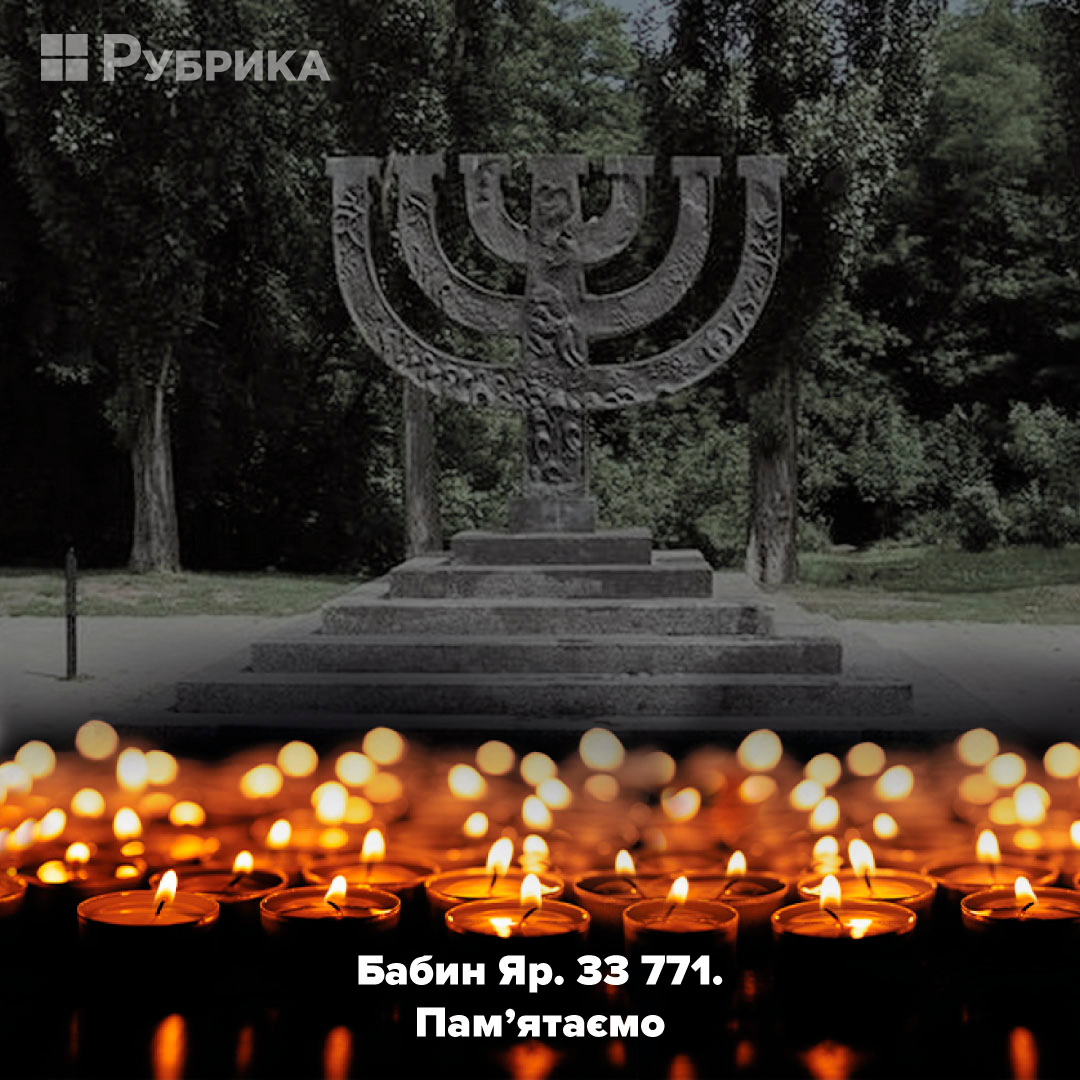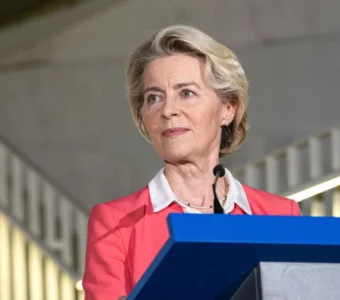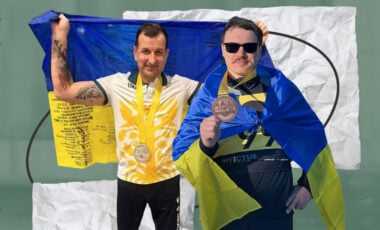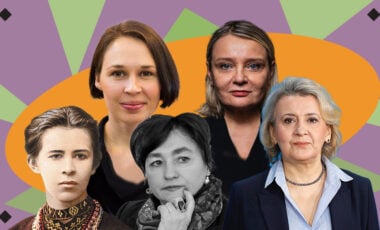Today, the memory of Babyn Yar victims is being honored in Ukraine
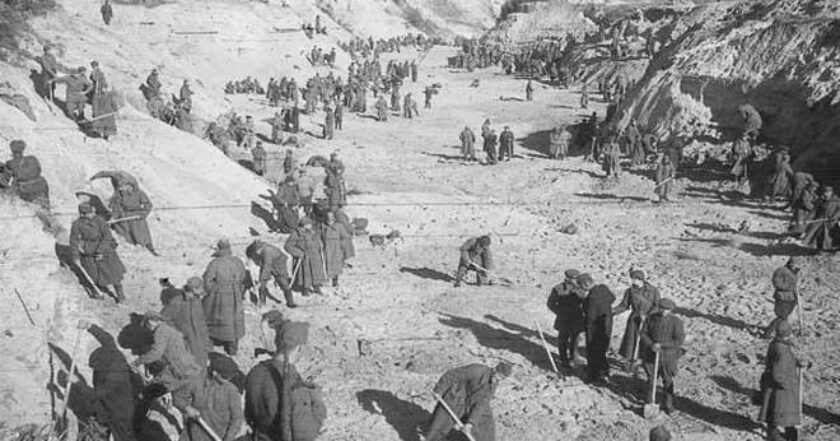
Today is the Day of Remembrance of the Victims of Babyn Yar, one of the most horrific symbols of the Holocaust.
For two days, September 29-30, 1941, the first mass shooting of unarmed civilians by the military was carried out in Nazi-occupied Kyiv, Rubryka reports.
In total, from September 29 to October 11, 1941, the SS killed almost the entire Jewish population of the city: more than 50,000 men, women, and children. In the first two days of the shootings alone, nearly 34,000 people were killed. On October 1, 2, 8, and 11, about 17 thousand more people were killed.
Babyn Yar, a two-and-a-half-kilometer-long gulch in northwestern Kyiv that reached a depth of 50 meters, was chosen as the site of the mass shootings.
At the end of the street, a gate was set up, for which people were allowed in groups of 30-40 people. Previously, they were forced to undress, their belongings were confiscated, and then the police beat the victims with truncheons to the passages in the embankments at the edge of the ravine.
Machine gunners sat on the opposite side. The bodies of the shot people rolled down the slope to the bottom.
After the ditch was filled with 2-3 layers of bodies, they were spattered with soil on top.
In total, during the Second World War in Babyn Yar, according to various estimates, from 100 to 150 thousand people were killed: Jews, Roma, Karaites, Soviet prisoners of war, members of the Ukrainian nationalist resistance movement, patients of psychiatric clinics, and other national or social groups whose occupiers considered "superfluous."
Memorial services in connection with the 80th anniversary of the mass shootings in Babyn Yar are expected to begin with symbolic lighting of a memorial fire by senior state officials on the morning of September 29, which will burn for two days near the monument to Kyivans and prisoners of war.
After that, the memory of the victims of Babyn Yar will be commemorated with the participation of church leaders, representatives of Orthodox and Jewish religious organizations, the public, charitable organizations, including international officials, high-ranking foreign guests.


